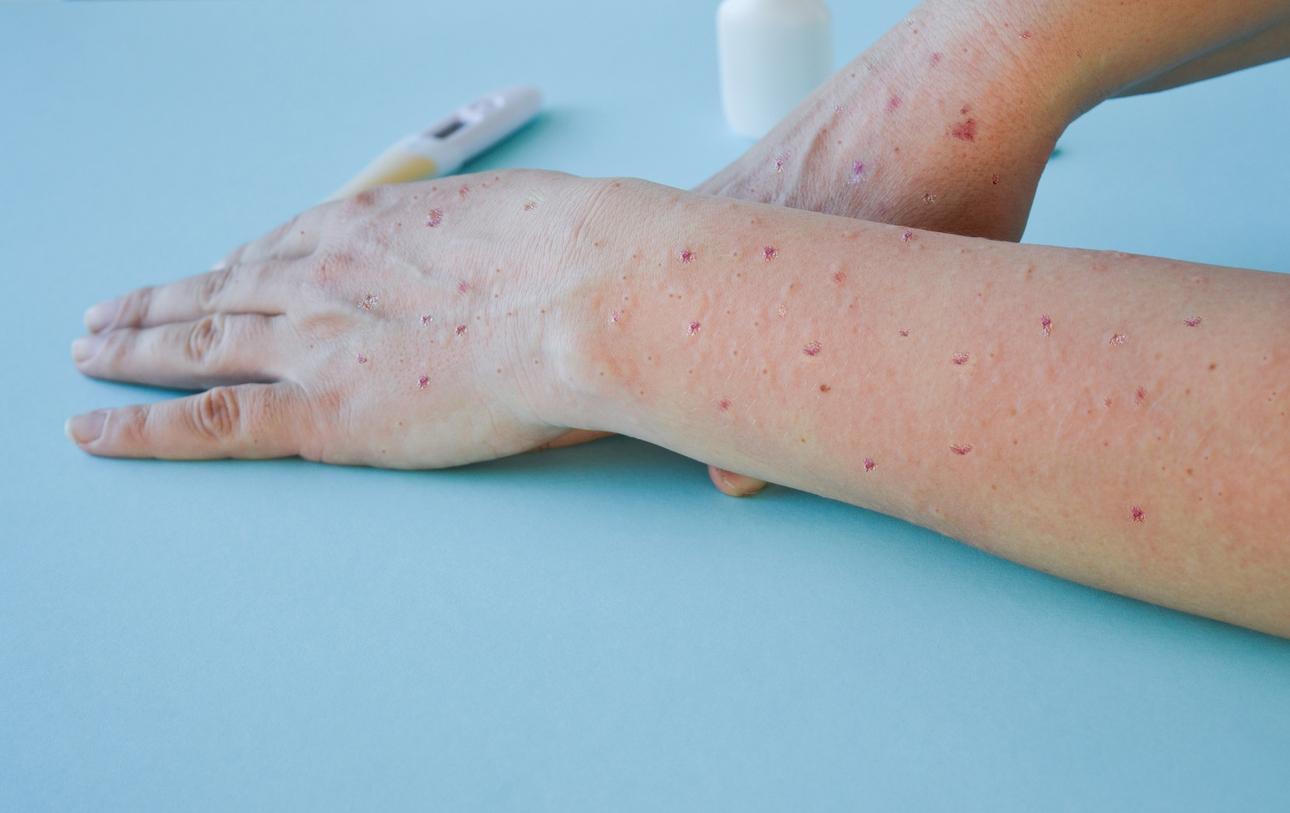Those excluded from palliative care live in low- and middle-income countries, and suffer from a lack of training of caregivers and access to opioids.

They are recognized as a human right to health, and must be provided in accordance with the principles of universal health coverage. Palliative care is not, however, accessible to everyone. Only 14% of the world’s population have access to it, according to the World Health Organization (WHO).
Lack of political and financial will and investment, lack of training for health professionals, difficulties in accessing opioids, but also lack of knowledge of the general public and cultural obstacles are all obstacles to the democratization of end-of-life care.
After a study published in 2013 in the Journal of Pain and Symptom Management, covering 234 countries, only 20 have correctly integrated the concept of palliative care. Almost half (42%) have no program.
Unequal access to opioids
The assessment of pain, its treatment, the management of physical suffering, but also psychic or spiritual, whether for patients, adults or children, as for those around them, are part of the palliative care, recalls the WHO.
But physical pain remains the focal point. “For example, 80% of patients with AIDS or cancer and 67% of those with cardiovascular disease or chronic obstructive pulmonary disease will experience moderate to severe pain at the end of life,” said the UN organization.
And their treatment involves taking opioids. While in some countries their mass use is starting to pose real public health problems, their accessibility is limited in others. Consumption levels in 121 countries are “insufficient” to “very insufficient”. These countries represent 83% of the world’s population.
40 million people
Each year, 40 million people are affected by palliative care. In adults, chronic conditions such as cardiovascular disease and cancer represent almost two-thirds of the needs. Respiratory diseases, AIDS or even diabetes, but also kidney and liver diseases, multiple sclerosis, Parkinson’s and other neurological diseases, are also concerned.
In 2014, in the first ever global resolution on palliative care, the World Health Assembly called on WHO and Member States to improve access to palliative care as an essential part of health systems, with an emphasis on primary, community and home care. But the road is likely to be long.
.
















